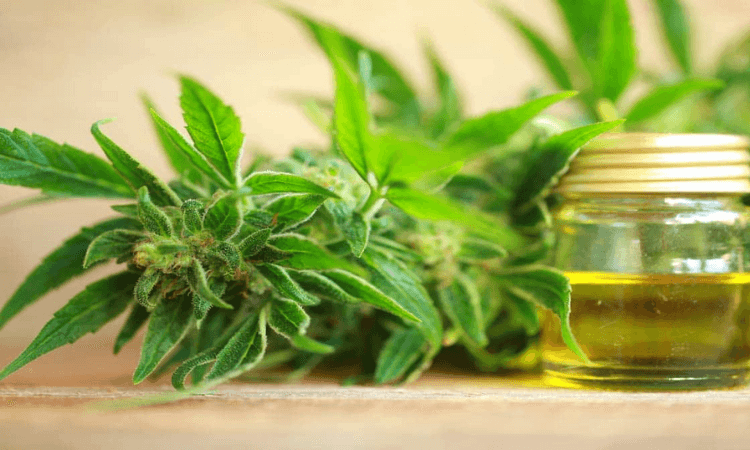[rank_math_breadcrumb]

CBD is short for cannabidiol. CBD is the second most prevalent of the active ingredients of marijuana or the cannabis plant. It is derived from the hemp plant, which is the cousin of the marijuana plant and is an essential component of medical marijuana. CBD is a naturally occurring substance that is not psychoactive but does produce a calm and relaxed feeling when ingested.
What Can CBD Help With?
CBD is commonly used to treat epilepsy (seizure disorder), anxiety, depression, cancer-related symptoms, pain, acne, and neurodegenerative disorders.
The National Library of Medicine states that:
There are over 50 conditions that CBD is claimed to treat. We do know that CBD can help control serious seizure disorders in some children (e.g., Dravet and Lennox-Gastaut syndromes) that don’t respond well to other treatments. Epidiolex is an FDA [Food and Drug Administration] approved medication containing CBD that can be used for this purpose. There are also data to suggest the potential of CBD as a treatment for schizophrenia and substance use disorders. But these potential uses are in extremely early stages of development. (NLM)
CBD has become very popular due to the growing awareness of the possible health benefits it provides. These days there are a lot of different CBD products out on the market. However, a warning has been issued by the FDA for consumers to beware of some CBD products being sold that do not contain the amount of CBD they claim to contain and some do have THC in them.
Can CBD Be Used as a Therapy for Addiction?
CBD has not currently been approved by the FDA to treat addiction, however, several studies have been done and are being done.
The National Library of Medicine also says that:
There is some research looking at it for opioid, tobacco, and alcohol use disorders. If CBD can help prevent relapse in those areas, that would be interesting. We’re also interested in it for pain management. Trying to find less addictive medications for pain would help a lot of people. (NLM)
There have also been some studies done for the use of CBD to help with heroin use disorder. In one clinical trial, individuals who received a dose of CBD had reduced anxiety and cravings compared to those that received the placebo. In this particular study, some individuals were given a placebo and some were given a dose of CBD and then exposed to various drug cues. Those that received a dose of CBD showed reduced anxiety and measures of the stress response (heart rate and salivary cortisol) after being exposed to the drug cues.
Even though CBD has not technically been approved to treat addiction, it has been proven effective in reducing anxiety, depression, and pain. Anxiety, depression, and pain are three common withdrawal symptoms from various substances.
BD is commonly used to treat epilepsy (seizure disorder), anxiety, depression, cancer-related symptoms, pain, acne, and neurodegenerative disorders.
The National Library of Medicine states that:
There are over 50 conditions that CBD is claimed to treat. We do know that CBD can help control serious seizure disorders in some children (e.g., Dravet and Lennox-Gastaut syndromes) that don’t respond well to other treatments. Epidiolex is an FDA [Food and Drug Administration] approved medication containing CBD that can be used for this purpose. There are also data to suggest the potential of CBD as a treatment for schizophrenia and substance use disorders. But these potential uses are in extremely early stages of development. (NLM)
CBD has become very popular due to the growing awareness of the possible health benefits it provides. These days there are a lot of different CBD products out on the market. However, a warning has been issued by the FDA for consumers to beware of some CBD products being sold that do not contain the amount of CBD they claim to contain and some do have THC in them.
Treatment for Addiction
Everyone is going to be different when it comes to which treatment is going to be best suited for them. Detox from any drug or alcohol addiction is best done in a medically supervised treatment environment. It is safer, and a detox facility can give you approved medications to help alleviate the uncomfortable withdrawal symptoms.
If you or someone you love is suffering from an addiction, our addiction specialists are available around the clock to assist you. NJ Rehabs is a non-profit organization committed to helping you find the best treatment facilities in New Jersey. We will help you get into treatment and can also assist you with insurance verification. You don’t have to continue to suffer from addiction, we will help you! Give us a call and let’s get you on the road to long-lasting recovery.

